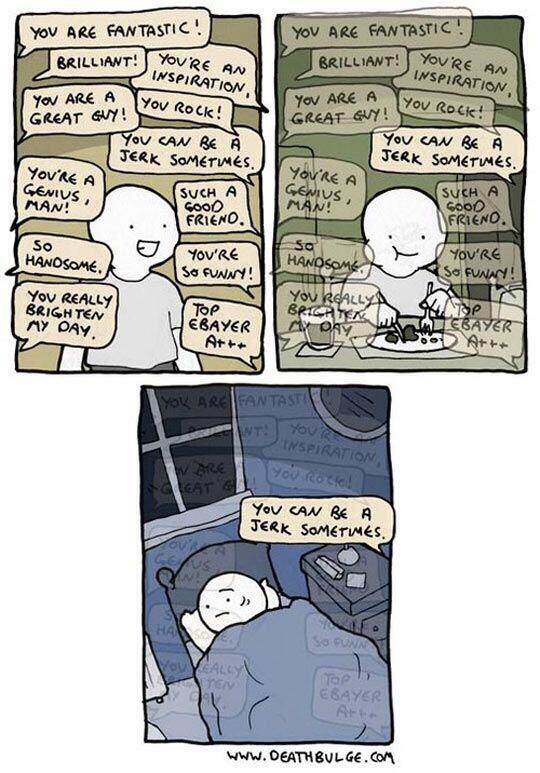We pay attention to details so that we can work with each other effectively.
We pay attention to details so we observe what's happening in the world.
We pay attention to details so we can hypothesize why things are happening.
We pay attention to details so we can figure out how to tackle a problem.
We pay attention to details so we can find our mistakes and then fix them.
We pay attention to details so we can learn more about topics that are our passions.
The list could go on and on.
But as I sit here in the midst of a summer that's not going quite the way I envisioned it, I wonder if I teach my kids to pay enough attention to the details of themselves. Does any teacher pay attention to their own details? Do we take good enough care of ourselves? Do we pay enough attention to the details when things don't seem right, or do we just brush them to the side and figure things will be okay?
I can definitely tell you that I was a hard core brusher. If something didn't seem right with me, I would brush it to the side. I would keep myself busy. I would ignore it. I always just figured that everything would get better, and usually it did. But over the last few years, I've been trying to take better care of myself, and rather than brushing off those little details that didn't seem quite right, I'm trying to pay more attention to them.
If I'm tired, I rest so I don't become exhausted. If I start to feel stuffy or sneezy, I take steps to keep that cold or whatever funk it might be from taking hold. That doesn't mean I'm not still a brusher, but I'm getting better at paying attention to those little details. And you should, too.
We really don't spend the time taking care of ourselves like we should. We often put everybody else ahead of us, but I'm here to say that it's time to start paying attention to YOUR details. If something doesn't feel right, trust your gut and get it checked. What are some of these details I'm talking about?
- Check your skin. If there's something that doesn't look right, have a dermatologist remove it.
- Ladies and gents, do those self exams. A lump might be nothing, or it might be something. Get it checked.
- When you hit the right age, get yourself a colonoscopy. Thanks to my family history, I've now had two. It is NOT that bad. This time around I had two high risk, precancerous polyps removed. Getting a colonoscopy is WAY easier than dealing with the cancer that could result if you don't.
- If you're having pain, it's not being weak to see a doctor and figure out where it's coming from. Nobody should have to suffer; not for a week, a month, a year, or for any time.
- Get your eyes checked. If you're playing trombone to try to read something, it's time.
- It's not just your physical body. If you're not feeling well emotionally, it's okay to talk to somebody. Talking with my amazing counselor was one of the biggest steps I took to help me heal, grow, and move on from my divorce.
I'm certainly no doctor. But I have finally realized that if we don't pay attention to our own details and take care of ourselves, we can't be good wives, husbands, friends, or teachers. So if you haven't been doing it, please take the time to pay attention to YOUR details. You are definitely worth it.

